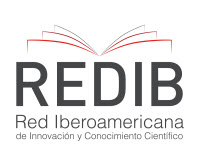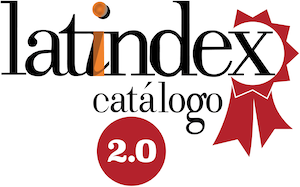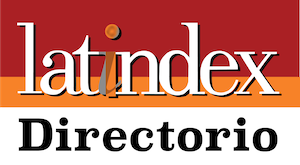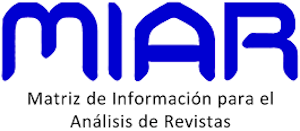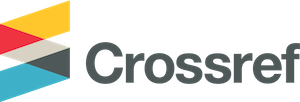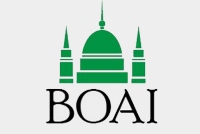Methodological strategies for the useof ICT tools in the teaching-learning process of Natural Sciences in elementary school student
DOI:
https://doi.org/10.32645/13906925.1282Keywords:
Methodological strategies, teaching-learning process, natural sciences, ICTAbstract
The objective of the present research was to propose methodological strategies for the use of ICT tools in the teaching-learning process of Natural Sciences in elementary school students of the “Gran Colombia"; Educational Unit, located in the city of Tulcán, Province of Carchi. The research assumed a mixed approach, descriptive scope, and integrates documentary and field information. The use of ICT tools in the teaching of
natural sciences by teachers was diagnosed. For this, an in-depth interview was applied to 5 teachers who teach natural sciences in the institution. Subsequently, a survey was conducted on 50 elementary school students of the institution, using a questionnaire with high reliability (Cronbach ́s alpha = 0.84). The results indicate that teachers apply traditional strategies and the use of ICT tools is very scarce, however, they consider that methodological strategies with ICT tools allow improving teaching processes at different educational levels. On the other hand, technological applications used by students are not used for educational purposes, losing their educational potential. Based on this diagnosis, six strategies were designed that contain the description, design, and application with the purpose of improving the teaching-learning of natural sciences, supported by Problem-Based Learning, Collaborative Learning, and Flipped Learning, and for each of them, the necessary ICT tools were included to obtain meaningful learning through the interaction of teacher and students during their teaching process.
References
Acevedo, Y., y Barco, M. (2019, abril) M-Learning y alfabetización científica en Ciencias
Naturales en estudiantes de décimo año en Educación General Básica Superior. Implementación de recursos educativos basados en tecnologías móviles [Tesis de pregrado]. Universidad de Guayaquil, Guayaquil.
Bishop, M.., B, E., Jan, E., y Svihla, V. (2020). Handbook of Research on Educational Communications and Technology. Contemporary Educational Technology, 1(1), 37–52. https://doi.org/10.1007/978-3-030-36119-8_3
Constitución de la República del Ecuador. (2019). Artículo 318. Título I - Elementos Constitutivos del Estado. 1–136. Recuperado de https://www.lexis.com.ec
Durán, C.; García, C.; Alonso, A. (2020) El rol docente y estudiante en la era digital The
teacher and student role in the digital age. Revista Boletín Redipe, 10(2), 3-10. ISSN 2258-1538
Garrido, M. C. D., y Rivilla, A. M. (2019). Enfoques de la innovación educativa: modelos para la mejora de las instituciones educativas. Innovación de la Educación y de la Docencia. 1 (1-28)
Hernández, R., Fernández, C., y Baptista, M. del P. (2018). Metodología de la investigación. (Vol. 7). México, Editorial Mc.Graw Hill.
Martínez, M., y Patricia, A. (2022). Aula Invertida una Metodología Innovadora. 1-7
MINEDUC. (2020). Currículo Priorizado para la Emergencia. 1–68.
de los Niveles de Educación Obligatoria Subnivel Superior. Currículo 2016, 2, 20–23. https://n9.cl/9gov
MINTEL, M. (2021). Agenda digital del Ecuador. Agenda Digital Del Ecuador, 1, 21. Recuperado de https://www.telecomunicaciones.gob.ec/wp-content/uploads/2021/05/Agenda-Digital-del-Ecuador-2021-2022-222-comprimido.pdf
Miranda Realpe, J. H., y Viveros Almeida, L. H. (2018). Aplicación de herramientas virtuales de aprendizaje. https://doi.org/10.32645/9789942914521
Páez, R., & Martínez, A. (2019). Innovación educativa y su incidencia en el profesorado Educational innovation and its impact on teachers. 2(3), 83–103.
Pérez, J.(2019, Mayo 26). El uso de las TIC´s y su incidencia en el interaprendizaje en el área de las Ciencias Naturales [Tesis de pregrado]. Universidad Técnica de Ambato. Ambato.
Rozo-García, F. (2020). Revisión de las tecnologías presentes en la industria 4.0. Revista UIS Ingenierías, 19(2), 177–191. https://doi.org/10.18273/revuin.v19n2-2020019
Secretaria Nacional de Planificación. (2021). Plan de Creación de Oportunidades 2021-2025. In Plan de Creación de Oportunidades 2021-2025 (pp. 43-48-85–90). file:///C:/Users/PC-CARO/Documents/Plan-de-Creación-de-Oportunidades-2021-2025-Aprobado.pdf
Zambrano, J., y Yaguarema, M. (2021). Estrategias de enseñanza efectivas para los tiempos de y pospandemia. YACHANA Revista Científica, 10(2), 40–55. https://www.researchgate.net/publication/352227201
Zambrano R., J. (2017). Aprendizaje complejo en la educación superior ecuatoriana. Revista Ciencia UNEMI, 9(21), 158–167.
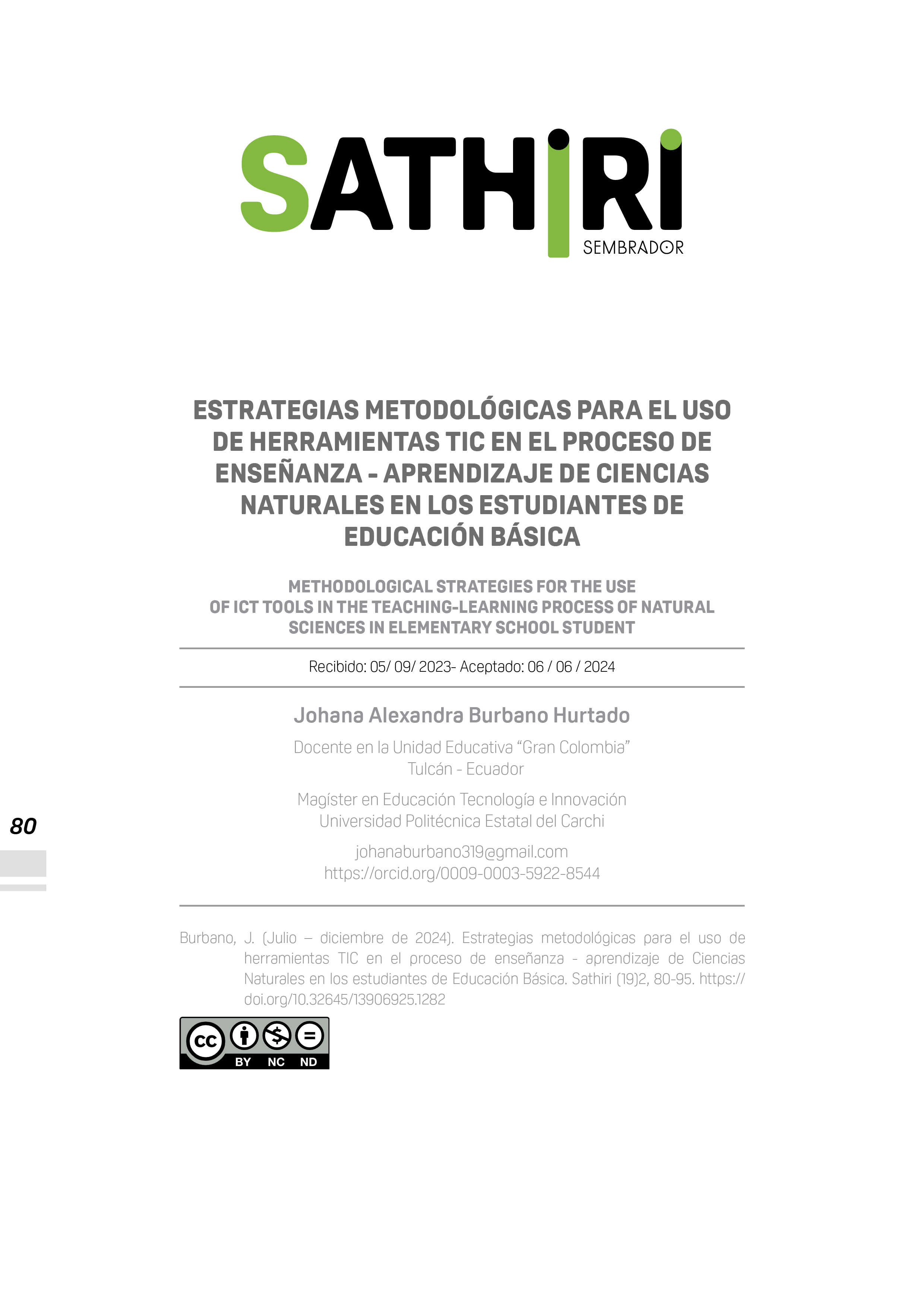
Downloads
Published
Issue
Section
License
Copyright (c) 2024 Johana Alexandra Burbano Hurtado

This work is licensed under a Creative Commons Attribution-NonCommercial-NoDerivatives 4.0 International License.
El autor mantiene los derechos morales e intelectuales de su obra, autorizando a la editorial de la revista Sathiri la difusión y divulgación de su contenido con fines estrictamente académicos y de investigación, sin fines de lucro. Así mismo, se autoriza que la obra sea descargada y compartida con otras personas, siempre y cuando no sea alterada y se reconozca su autoria.






